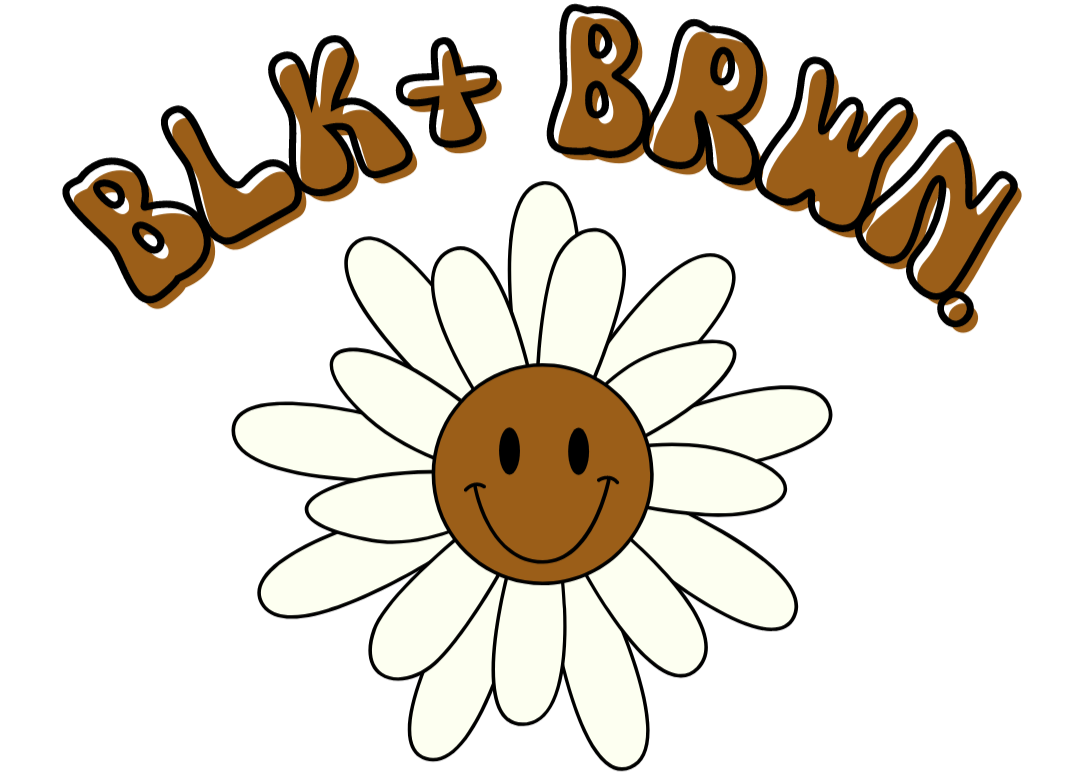Langston Hughes
James Mercer Langston Hughes was born February 1, 1901, in Joplin, Missouri. His parents divorced when he was a young child, and his father moved to Mexico. He was raised by his grandmother until he was thirteen, when he moved to Lincoln, Illinois, to live with his mother and her husband, before the family eventually settled in Cleveland, Ohio. It was in Lincoln that Hughes began writing poetry.
After graduating from high school, he spent a year in Mexico followed by a year at Columbia University in New York City. During this time, he worked as an assistant cook, launderer, and busboy. He also travelled to Africa and Europe working as a seaman. In November 1924, he moved to Washington, D.C. Hughes’s first book of poetry, The Weary Blues, (1926) was published by Alfred A. Knopf in 1926 with an introduction by Harlem Renaissance arts.
He wrote novels, short stories, plays, and poetry, and is also known for his engagement with the world of jazz and the influence it had on his writing. His life and work were enormously important in shaping the artistic contributions of the Harlem Renaissance of the 1920s.
Langston Hughes died of complications from prostate cancer on May 22, 1967, in New York City. In his memory, his residence at 20 East 127th Street in Harlem has been given landmark status by the New York City Preservation Commission, and East 127th Street has been renamed “Langston Hughes Place.”
-
Collected Poems of Langston Hughes
Selected Letters of Langston Hughes
-
Collected Poems of Langston Hughes (Alfred A. Knopf, 1994)
The Panther and the Lash: Poems of Our Times (Alfred A. Knopf, 1967)
Ask Your Mama: 12 Moods for Jazz (Alfred A. Knopf, 1961)
Montage of a Dream Deferred (Holt, 1951)
One-Way Ticket (Alfred A. Knopf, 1949)
Fields of Wonder (Alfred A. Knopf, 1947)
Freedom's Plow (Musette Publishers, 1943)
Shakespeare in Harlem (Alfred A. Knopf, 1942)
The Dream Keeper and Other Poems (Knopf, 1932)
Scottsboro Limited (The Golden Stair Press, 1932)
Dear Lovely Death (Troutbeck Press, 1931)
Fine Clothes to the Jew (Alfred A. Knopf, 1927)
The Weary Blues (Alfred A. Knopf, 1926)
-
Letters from Langston (University of California Press, 2016)
Selected Letters of Langston Hughes (Alfred A. Knopf, 2015)
Remember Me to Harlem: The Letters of Langston Hughes and Carl Van Vechten, 1925–1964 (Alfred A. Knopf, 2001)
The Arna Bontemps-Langston Hughes Letters (Dodd, Mead, 1980)
Good Morning, Revolution: Uncollected Social Protest Writings by Langston Hughes (Hill, 1973)
Simple's Uncle Sam (Hill and Wang, 1965)
Something in Common and Other Stories (Hill and Wang, 1963)
Tambourines to Glory (John Day, 1958)
Simple Stakes a Claim (Rinehart, 1957)
I Wonder as I Wander (Rinehart, 1956)
Laughing to Keep From Crying (Holt, 1952)
Simple Takes a Wife (Simon & Schuster, 1953)
Simple Speaks His Mind (Simon & Schuster, 1950)
The Ways of White Folks (Knopf, 1934)
Not Without Laughter (Knopf, 1930)
-
The Plays to 1942: Mulatto to The Sun Do Move (University of Missouri Press, 2000)
The Political Plays of Langston Hughes (Southern Illinois University Press, 2000)
Mule Bone (HarperCollins, 1991)
Five Plays by Langston Hughes (Indiana University Press, 1963)


